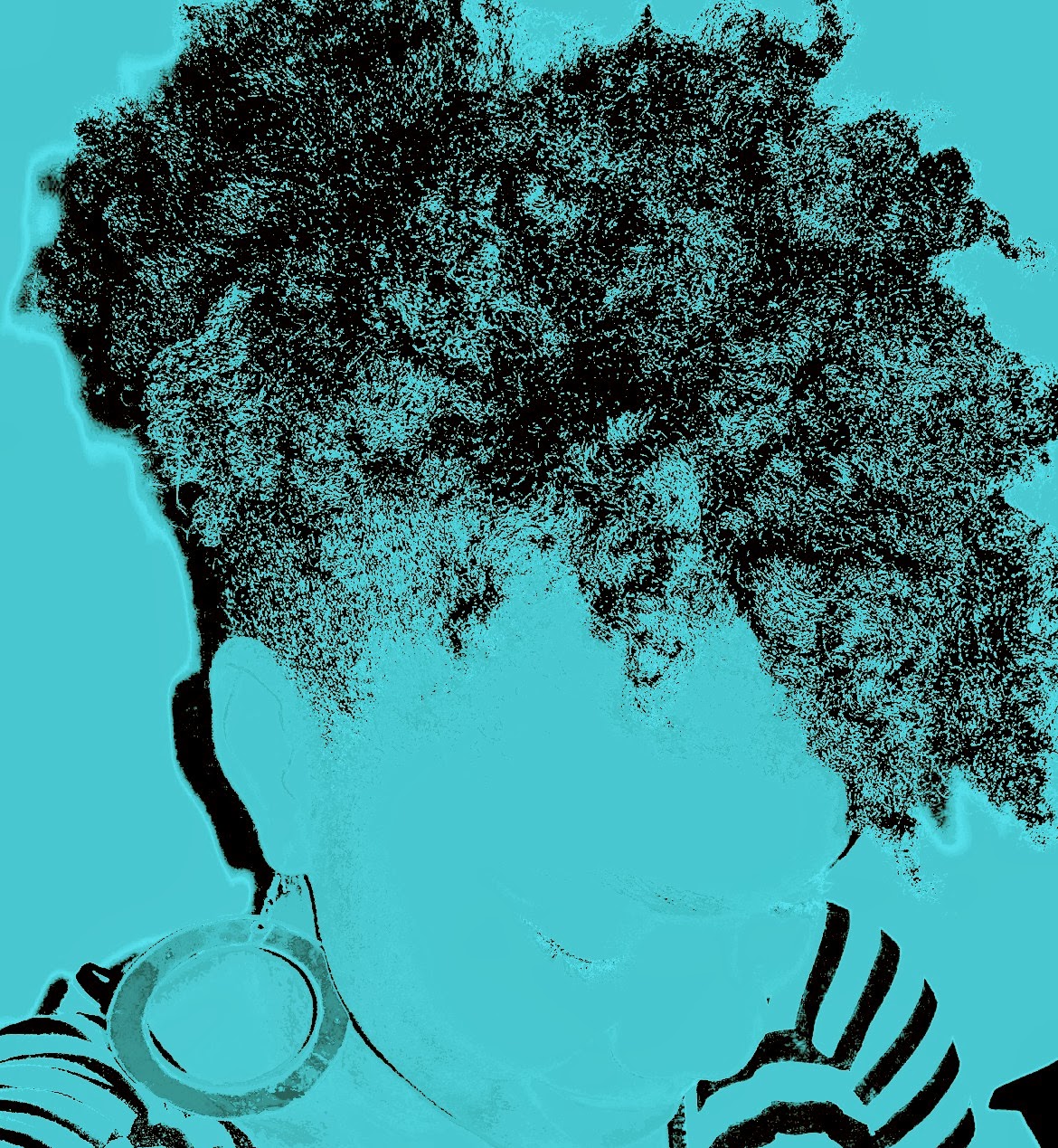How to tell
if your hair is damaged
(photo courtesy of dolcevanity)
Throughout my years with a relaxer, I suffered
from broken and damaged hair constantly.
With every swipe of my brush my hair was everywhere, my shoulders,
pillows, the sink, and all over the floor. It was damaged and breaking off so badly, I
had to cut five inches off. I rarely had hair that grew long enough to touch my
shoulders. I had a clue my hair was in bad shape before it started to fall out,
but I was always second guessing myself as to just how bad it was.
Here are five signs your hair might be
damaged.
1. Is your hair uneven? When my hair was in poor condition I
noticed that the hairs on the back of my head were always breaking off. Breakage
is the most important sign that your hair is damaged. The hairs on the back of
my head (anywhere I left the hot iron on my hair for too long) were shorter
than the hairs at the top, bottom, and crown.
Unless you are fond of the particular pattern of unevenness, you will
have to cut your hair in order to return some measure of uniformity. Without
taking steps to bring some symmetry to your style, your hair will only continue
to become more and more uneven.
Additionally, you should pay close attention your hair regimen, to see if you
can determine what - in particular - is causing your hair breakage. My problem was
too much heat, yours could be dryness. Unless you do this, the problem will
most certainly return and you’ll find yourself dealing with it again and again.
2. Do you have split ends? No matter what
your hair type, we all suffer from split ends. Split ends are when the
hair shaft splits, breaks or tears. Some people's hair will split a
lot faster than others. Textured and relaxed hair is more vulnerable to split
ends, it is a fact that they will split faster. It is not only your hair type
that makes you susceptible to split ends, how you take care of your hair is
very important. Over brushing will cause split ends and will also make the hair
split since it is disturbing the cuticle. Brushing hair when it is still wet is
one of the most important causes for split ends because wet hair stretches by
as much as 25%. Split ends cannot be
repaired. The only efficient way to get rid of split ends is to have them
chopped.
3. Is your hair shedding more than the normal
50 to 100 hairs a day? Losing some hair strands everyday is normal. If you
are losing an excessive amount of hair like 200 or more strands, beware. Shedding
is not to be confused with breakage. Shedding is the entire hair shaft falling
from the scalp, whereas breakage is the hair “breaking off” at a certain point.
Consult your doctor for abnormal shedding over the course of weeks or months.
It could be hormonal or linked to a vitamin deficiency.
4. Is your hair brittle? Run your fingers
down the length of your hair, it should be smooth from root to tip. Roughness
is a sign of dryness and damage. If you’re heat styling your hair daily (like I
use to) damage is inevitable. Cut down on the use of styling tools like flat irons
and blow driers. Also, your hair should be flexible, you should
be able to take a strand of hair and twirl it between your fingers without it
breaking. No matter what the hairs texture, hair should have flexibility.
5. Is your hair hard to moisturize? 90% of
us suffer with dry, frizzy hair because our hair is lacking moisture. The #1
mission of healthy hair is to maintain a high moisture level. Deep condition
your hair at least twice a month. Use natural oils like coconut and olive oil,
instead of petroleum based products that coat the hair and don’t allow your
cuticles to take in moisture.
If you were
anything like me you’ve lost a lot of hair to over processing and heat styling.
Remember your hair is not a living thing so it will not repair itself. Healthy
hair needs moisture and the least amount of heat styling, the better.








